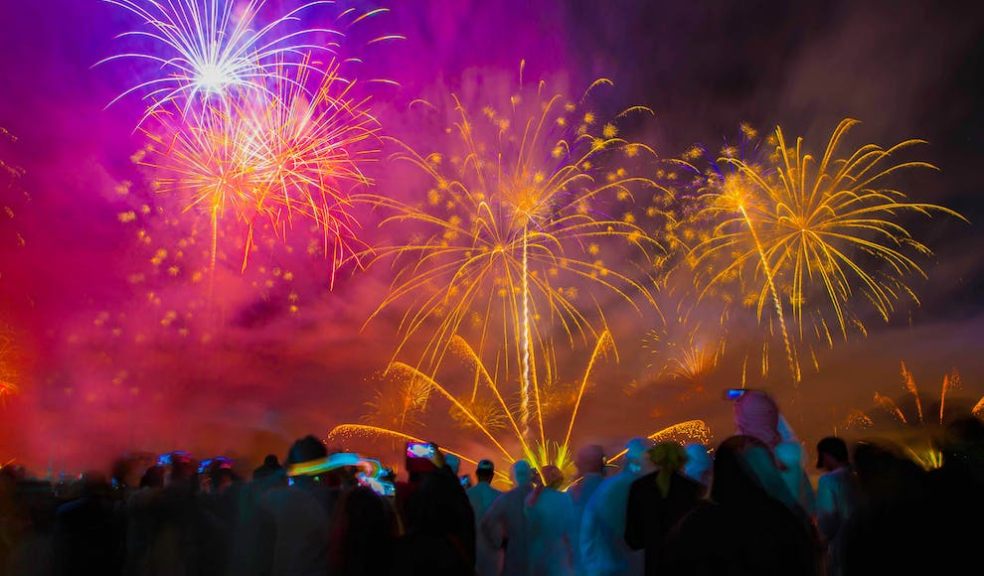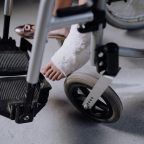
Can Bonfire Night Cause Hearing Loss?
Bonfire Night, also known as Guy Fawkes Night, is an annual event celebrated predominantly in the United Kingdom on November 5th. The night is marked by large bonfires, burning effigies of Guy Fawkes, and most notably, fireworks displays. While the festivities bring much joy and are deeply rooted in British culture, they also bring with them concerns, one of which is the potential risk to hearing. But can Bonfire Night actually cause hearing loss?
The simple answer is yes, it can, but understanding the context and the levels of exposure is crucial.
1. How loud are fireworks?
The sound produced by fireworks can range anywhere from 150 to 175 decibels (dB), which is significantly louder than what's considered safe for human ears. For context, prolonged exposure to noises above 85 dB, such as heavy traffic or a lawn mower, can cause hearing damage. Sounds at 120 dB, like sirens or rock concerts, can cause immediate harm if exposure is prolonged. Given that fireworks can exceed even these levels, there's a clear risk involved.
2. Duration and Proximity Matter
While fireworks are loud, the risk of hearing damage also depends on the duration of exposure and proximity to the source of the noise. A single, distant firework might not cause any noticeable harm, whereas standing close to a series of large fireworks can be damaging. The risk is especially heightened for those involved in setting off the fireworks or those attending smaller, more intimate displays where the distance between the audience and the fireworks might be less than at larger, organized events.
3. Sudden Acoustic Trauma
One-time, loud noises can result in sudden acoustic trauma. This might manifest as immediate hearing loss, a ringing in the ears (tinnitus), or both. In some cases, this damage is temporary, and hearing may return to normal after some time. However, there are instances where the damage can be permanent, especially if the exposure is particularly intense or occurs repeatedly.
4. Vulnerability of Children
Children are especially vulnerable to noise-induced hearing loss. Their ears are still developing, and they might not be as aware of the risks or may not use protective measures. Furthermore, children might not always communicate or recognize when something feels too loud, so parents and guardians should be particularly cautious about their proximity to fireworks.
5. Taking Precautions
Given the risks, it's essential to take precautions during Bonfire Night:
- Wear ear protection: Earplugs or earmuffs can significantly reduce the noise level and protect the ears.
- Maintain distance: If possible, stay at a safe distance from the fireworks. Larger, organized events often ensure the audience is far enough away, but with smaller displays, be more vigilant.
- Limit exposure: If you're attending multiple events during the season, consider protecting your ears even more or giving them a rest between noisy outings.
- Be aware of children: Always ensure that children are adequately protected and not too close to the loud noises.
In conclusion, while Bonfire Night is a time of celebration, it's essential to be aware of the potential risks to our hearing. With the loud booms of fireworks echoing through the night, there's a genuine concern for our auditory health. By understanding the risks and taking appropriate precautions, you can ensure a festive and safe experience for everyone involved.













